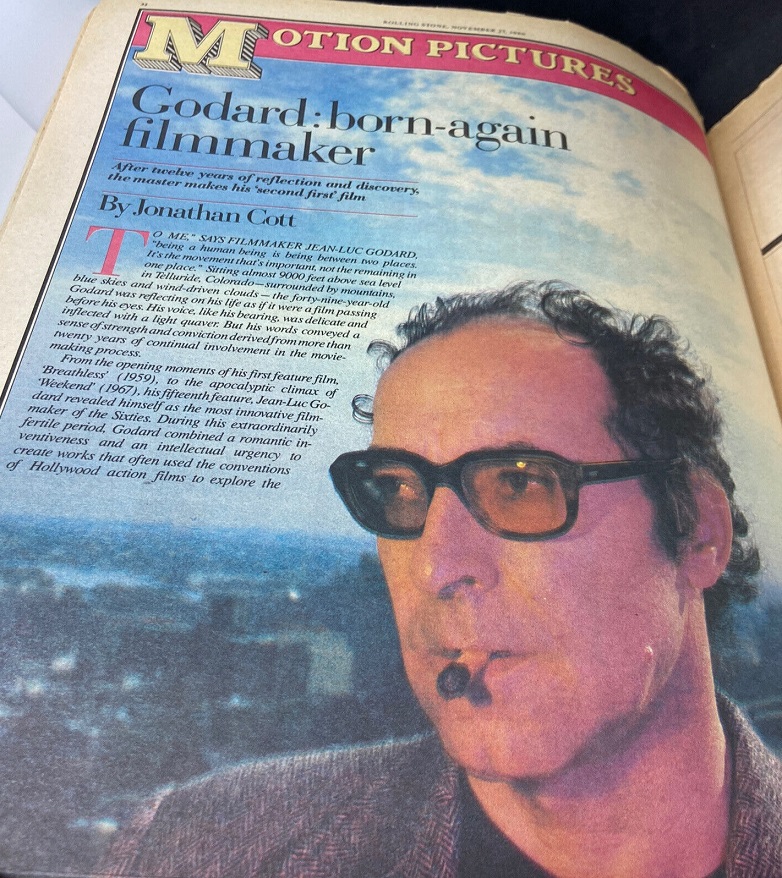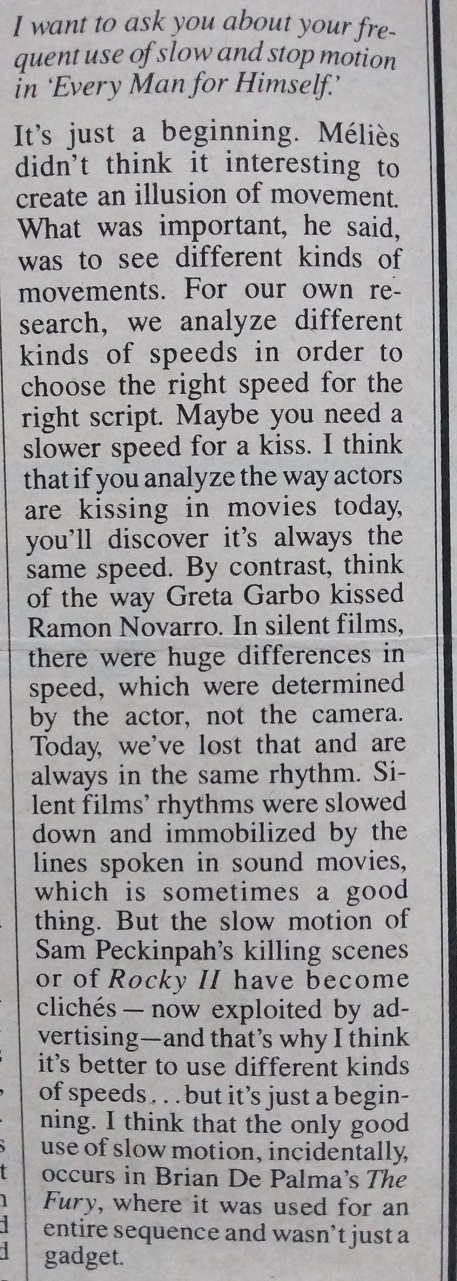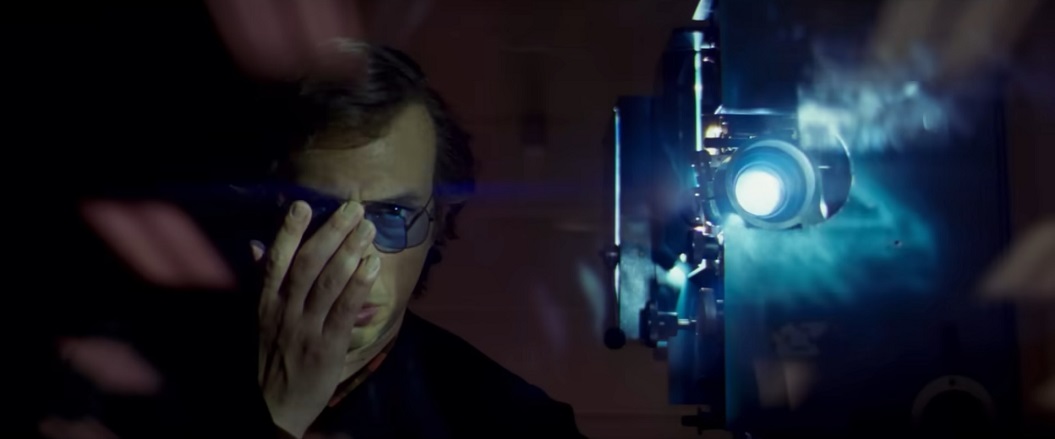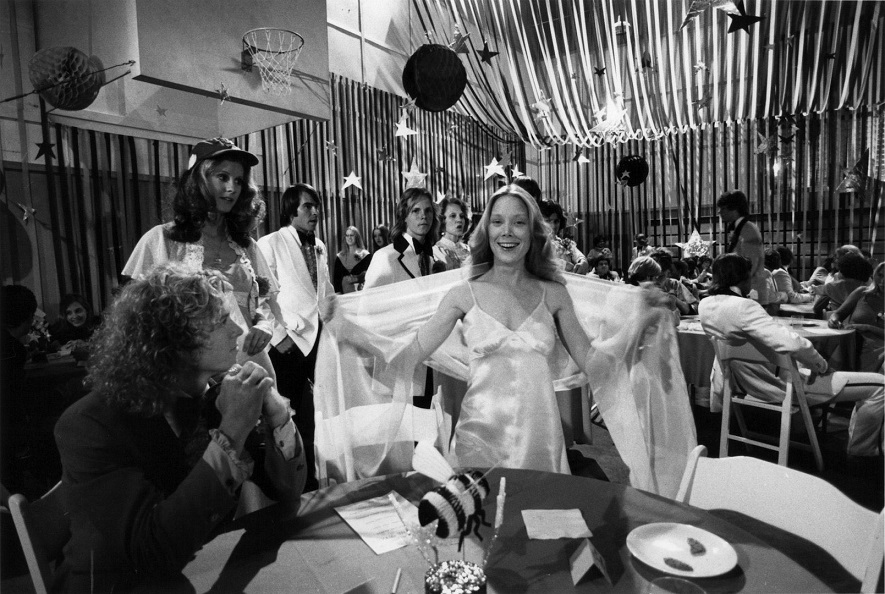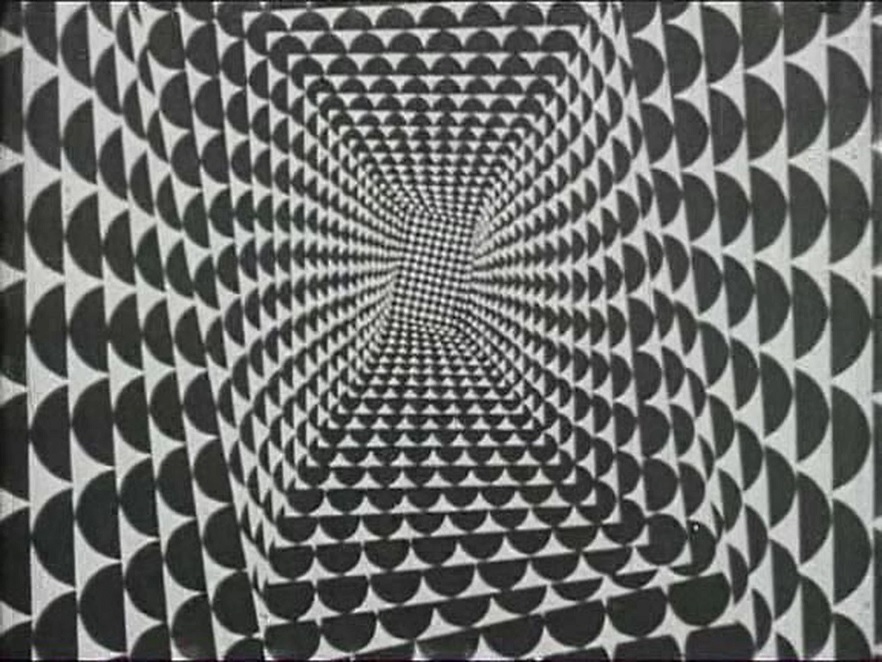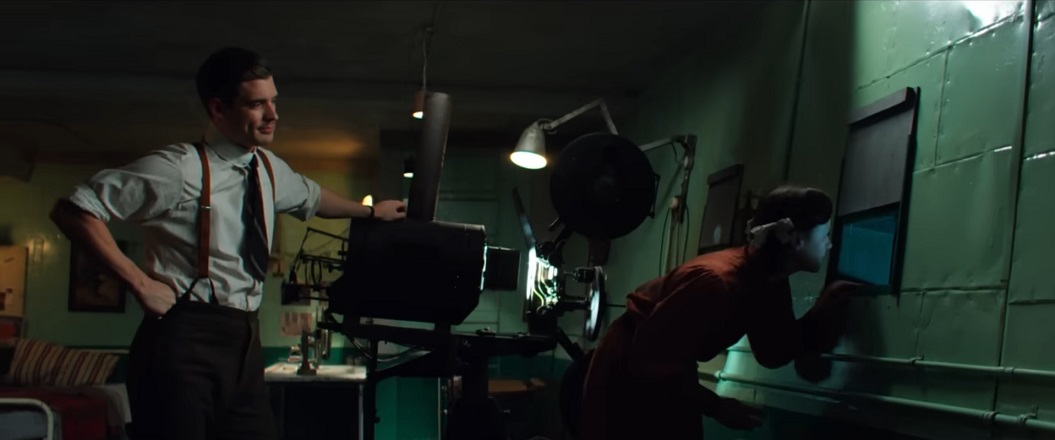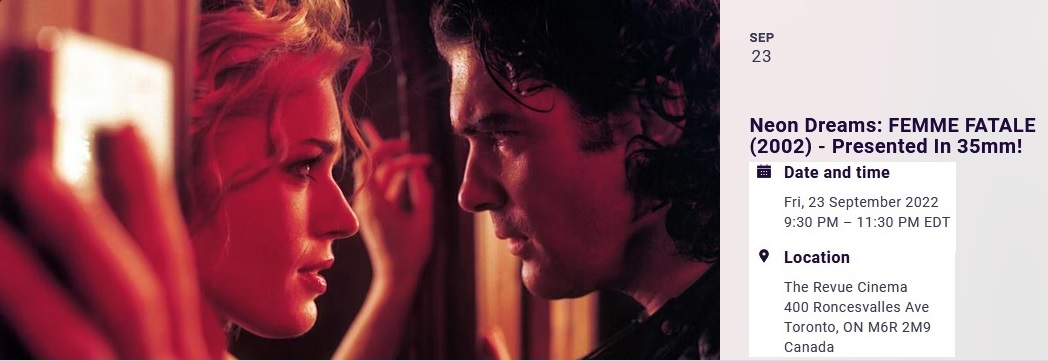TWO REVIEWS OF SEBASTIEN MARNIER'S 'L’ORIGINE DU MAL' ('THE ORIGIN OF EVIL')
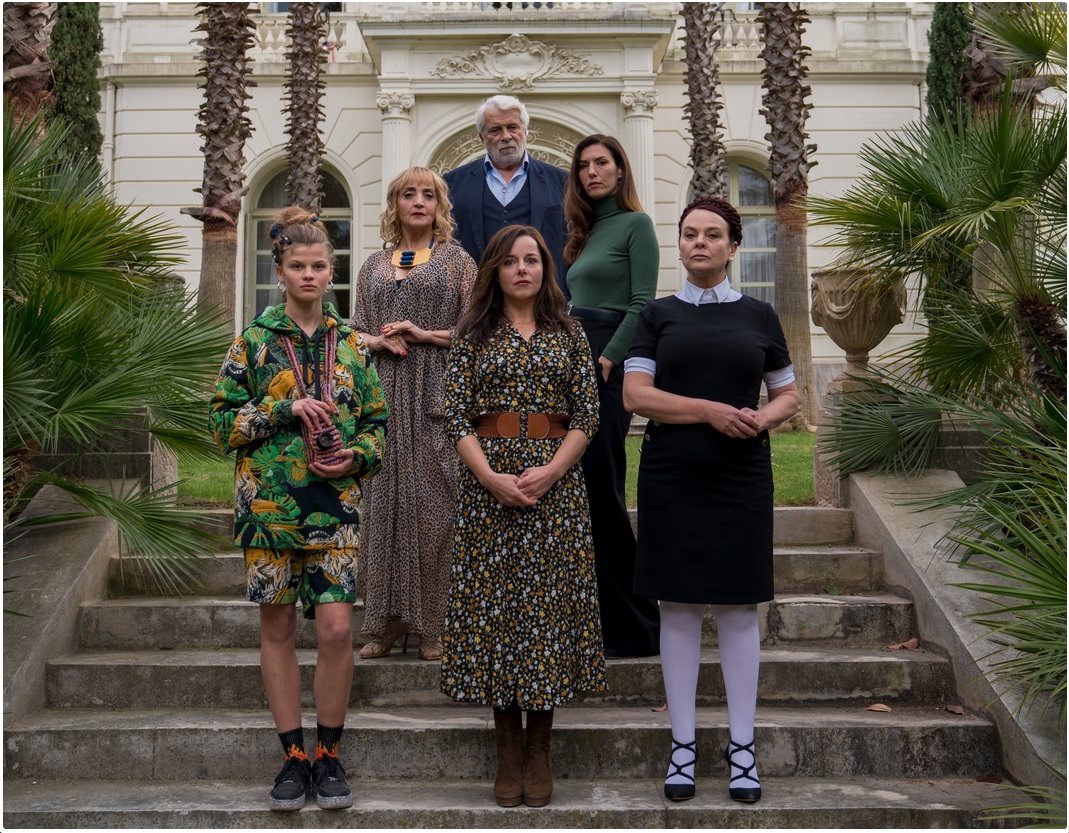
Guillaume Gas at Les Chroniques de Cliffhanger & Co
First of all, let's get rid of the annoying subject, unfortunately unstoppable for any adventurous and fetishist cinephile. From its poster to its synopsis through its trailer, it was already obvious, even before discovering the beast on the big screen, that the new film by Sébastien Marnier was going to flash the name of Claude Chabrol one frame out of two. It will not take more than two hours for the impression to be confirmed, the signs of correspondence continuing to accumulate in single file. On this approach aimed at penetrating a kind of bourgeois and cozy vivarium where rattlesnakes and vipers manipulate pretense (and hypocrisy) with rare dexterity, we clearly feel on familiar ground. On this game of satire which cracks social conventions one by one over a plot where the shadow of a doubt creeps in a loop and where the crime is always almost perfect, it's the same thing, without forgetting the constant gauging of class relations to spice up human relations. On the very last shot of the film, we will have there just as soon to see a quasi transfer of the one, memorable, which closed The Ceremony. So, kif-kif? It's not as simple as that.We must already put in mind the two previous films by Marnier (Irréprochable and L'Heure de la sortie), in order to target how their common guiding thread (a mental obsession that never ceases to poison everyday life) could settle in wonderfully in an eminently Chabrolian setting. And starting from there, the taste for narrative opacity that Marnier uses from the first to the last shot helps to make the difference. better manipulate the opening with caution for an audience that does not yet know the real content. The exercise is even all the more delicate in that the cinephile seasoned with the habits and customs of the psychological thriller (including news that whispers an idea or leaves it a little too long in suspense) will quickly break through the pot of roses – here revealed halfway through. It suffices here for Marnier to bet all his marbles on the ellipse which hides the truth, on the deceptive effects of a framing where the scales of the shot first pretend to invert the real natures of the characters, on the uncertainty characters and identities (always be wary when the identity, or even the usefulness, of a character remains unclear for too long) and on the impossibility of positioning the ethical cursor in a context of visceral hatred (one could imagine a thousand scenarios different from Cluedo with a bourgeois family like this!). Still, what amazes here is the degree of mastery.
We will first salute the crazy work on the structure of the plot, here nestling galore, and on the narration, here eminently vicious by disseminating its clues gradually, just to better put it upside down for us most unexpected moment. The narrative progression marries marvelously with a linearity constantly disrupted by the breaks in tone (here managed with parsimony), the humor becomes a matter of unease (and vice versa), the compass of empathy is disturbed until activating the most crazy, and the cast, led by a Laure Calamy decidedly subscribed to the praise concert for life, plays its game well (therefore hides it well) by leaving its internal schema in a psychic fog that the final scene will not even do the effort to mitigate. In this respect, the title of the film also has the value of an enigma: the nature of this "origin" is so unclear (is it a character? an act? something else?) that it verges on the sight of spirit. And to drive the point home, do these varied trinkets, these stuffed animals and these carnivorous plants that populate this luxurious residence – and which accompany the end credits here – have an omniscient function or a simple symbolic value in this story? Again, nothing is less certain.
The mastery also affects the frame and the image, Marnier making it a point of honor here to use the power of the staging to amplify his story and his subject. Here again, our cinephilia enjoins us to mention the name of Brian De Palma. Not only by this intelligent use of the split-screen (which suggests the incompatibility, often more than debatable, of characters despite everything brought together by force of circumstance), not only for this opening sequence shot in women's locker rooms which makes mine to photocopy Carrie's opening, not only either for this implicit questioning of the notion of "truth", but above all for this strategy aimed at operating a mise en abyme of the notion of "staging", through a film that lies about characters who (are) lying. Nothing could be more effective for exhibiting a false reality twisted at leisure by a burning desire that the narration first pass over in silence. We will not go so far as to say that the degree of success is the same as with De Palma, but as a student's work, Marnier knows so well "the origin of talent" that he gets the mention "very well” without any difficulty. And we congratulate him.
Ludovic Béot, Les Inrockuptibles
'The Origin of Evil', Sébastien Marnier summons De Palma and Fritz Lang
By freeing himself from the influence of Chabrol for those of two great formalists of American cinema, Sébastien Marnier orchestrates a striking game of pretense and entrusts Laure Calamy with a vertiginous role of opacity.Perhaps tired of the somewhat systematic affiliation that the commentators of his cinema have been able to make with that of Chabrol, Sébastien Marnier (Irreproachable, L'Heure de la sortie) takes from the prologue of L'Origine du mal , the opposite, propelling us into an uninterrupted waltz of double-bottomed images.
If The Origin of Evil is unquestionably his most Chabrolian film in terms of the themes evoked (the disorder of the provincial bourgeoisie), the first minutes take us elsewhere. In an anchovy factory, Stéphane, one of his workers (Laure Calamy) pure but naive, is wrung out by the violence of the world around him. The actress who lends her features to this character is no coincidence. Discovered by the general public with Ten percent in the role of a deliciously candid character, then interpreting on several occasions courageous women, manhandled by the brutality of the system (Full Time, A Woman of the World), Calamy, is, here , on familiar ground. Yet something resists, rings false, like an out of tune piano powerlessly playing the right chords in a score.
By mimicking, voluntarily or not, this too often systematic pitfall of a certain French-style social cinema which sanctifies the victim to keep only the angelic face, Marnier has learned the lesson of another great moralist master: Fritz Lang , in which every victim simultaneously becomes the executioner of another. This aphorism offers Laure Calamy, passionate about opacity, a dizzying demonstration of the plasticity of the ego.
The incredible truth
From then on, it is not just a face that changes nature, but a whole film, when suddenly the camera indulges in a new mannerism in Marnier's cinema. Whether it's a split-screen in the middle of a family reunion, or even a wide camera movement with a crane initiated on three motionless characters on a sofa. These aesthetic dross share in common their incongruity and weave an affiliation as new as it is unexpected with Brian de Palma.
However, we must see in this recycling, excessively outrageous, tropisms of the author of Body Double, not an end in itself but as a new secret passage, certainly the most exciting, to penetrate the film. The Origin of Evil shares with De Palma's films the way in which malignity and virtuosity orchestrate this ballet of pretense and double-dealing, which gradually takes precedence and renders the credibility of the facts told here insignificant, implausible. There is in The Origin of Evil, this same capacity to extract oneself from a main narrative line to devote oneself to a pure theoretical object on the nature of images and to redefine even the most obvious moral fields: here there is no lie , neither truth, nor executioner, nor victim.
Updated: Wednesday, October 5, 2022 12:25 AM CDT
Post Comment | Permalink | Share This Post





